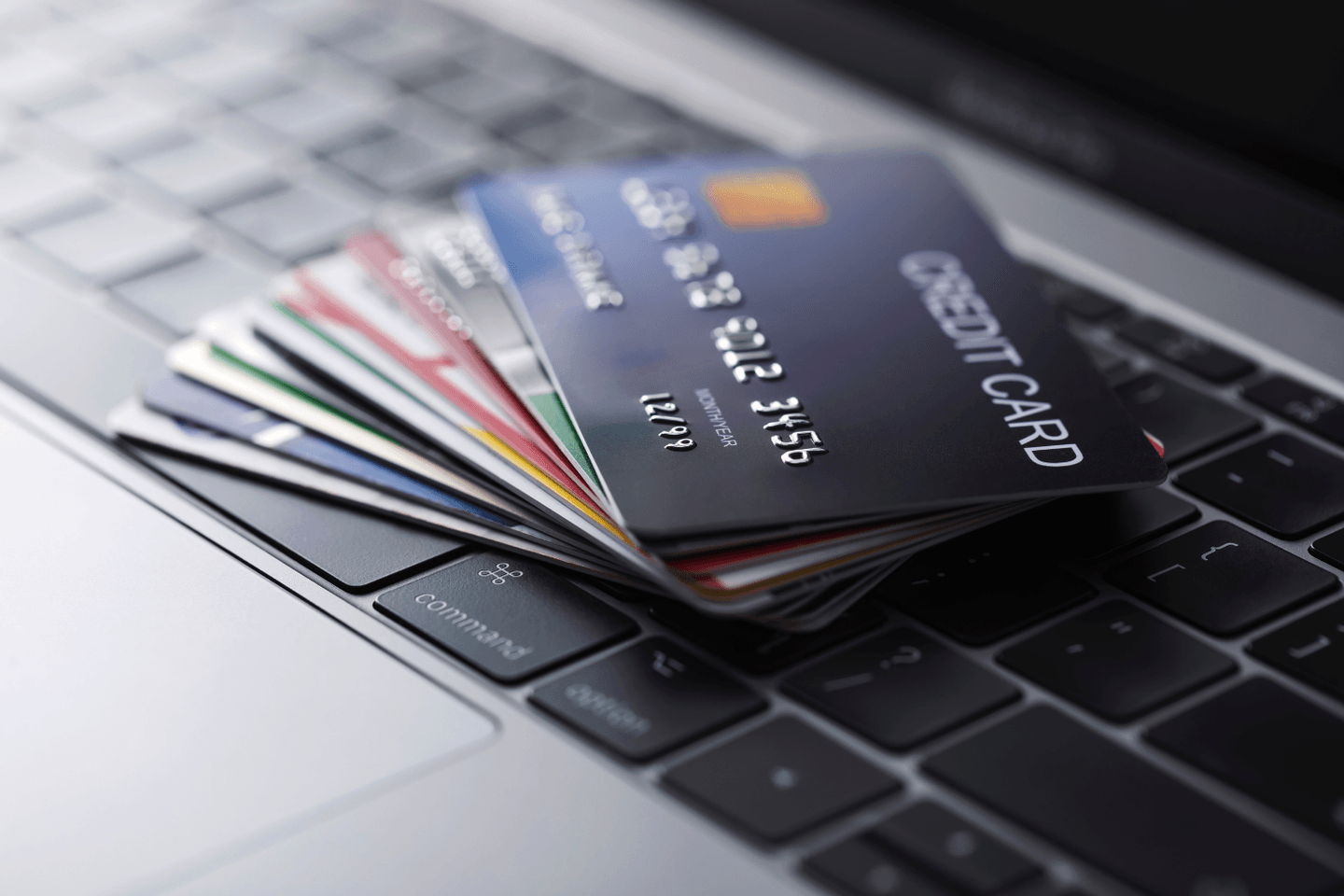Apply for a credit card in minutes
Through ClearScore, you can access credit cards based on your credit score and account details.
What credit score do you need to get a credit card?
We find out whether there’s a “perfect number” that will ensure you are approved for a credit card, and we then consider the ins and outs of selecting and applying for one.

Apply for a credit card in minutes
Through ClearScore, you can access credit cards based on your credit score and account details.
There isn’t a “magic credit score” you need to reach for your credit card application to be approved. But the higher your score, the better the chances are that your application will be successful.
The first step is to understand your credit score. This is calculated by the credit bureaus, and they each have their own scoring system. For example, at TransUnion your credit score is calculated out of 805, while at Experian its calculated out of 740.
At ClearScore, we’re partnered with Experian and this means that we present your credit score according to their system. It’s divided into five brackets which are rates as following: excellent, good, fair, poor, and very poor.
Your credit score takes into account your payment history, the overall amount you owe, any new credit enquiries, the kinds of credit you have, and the duration of your credit history.
Generally, credit card providers prefer to lend to borrowers who have a credit score that’s ranked as fair or higher. Ideally, your score should be above 550 points.
You can access your free credit score instantly by going to ClearScore.
There are steps you can take to improve the chances of your credit card application being approved. Paying off your debts on time and in full is one way of doing this.
But your credit score can also go down if you apply for a credit card because it counts as a “hard enquiry” on your credit report. This means that, regardless of whether your application is rejected or not, your credit score will take a slight hit when you apply for a credit card.
You should, therefore, think carefully before applying for credit and only apply for a loan or credit card if you genuinely need one. Also, remember to space out your applications. This is because applying for multiple credit cards in a short space of time is likely to have a large impact on your score.
Your application will also depend on the type of card you apply for. In most cases, you will need a high score if you apply for a credit card with a high limit. This is particularly true for platinum or black cards, which normally have a minimum credit limit of R15,000. So, if you are worried about being approved, it may be a good idea to apply for a card with a lower limit.
Your credit score and report can be one of the most important factors a credit card provider will take into account when assessing your creditworthiness. However, it’s not the only factor. The provider will also look at other information such as your income and expenses, as well as the number of dependents you have and the length of time you have been employed.
The nature of your employment can also make a difference. For example, if you’re a contractor your income may be considered less stable than someone who’s employed full-time. However, you can still prove your stability by, for example, explaining the longevity of your contracts and scoring well in the other categories that credit providers look at.
The credit score requirement to get a credit card depends on the type of credit card you are looking for and your credit history. Ideally, the minimum credit score for credit cards in South Africa is above 550. You should check your free credit report and review your credit score to determine your eligibility.
You need to be 18 years or older to qualify for any credit. Certain credit cards allow those who are over 16 to be added to their parent or guardian’s credit card as an additional cardholder. This will give them access to a credit card with their name on it.
Although the card will be linked to the original account holder’s account, they will be responsible for paying the transaction fees. On the other hand, the original cardholder’s credit score will bear the brunt of any missed payments, so they need to ensure that their additional cardholders stick to their credit obligations.
You will be required to provide details about your identity and creditworthiness to your credit card provider, including:
- Your identification number (or ID number)
- Your existing liabilities, such as other credit cards, personal loans, and auto loans
- Your income and employment details, such as your bank statements and payslips
- Your existing assets, such as your car, homes, and properties
If you're signed up with ClearScore, we already have your basic details and you can easily apply for a credit card. You can do this within minutes and our partners will reach out to you.
In order to gauge how you are going to pay off your credit card bills every month, you need to consider your main spending habits and your current income. There are different types of credit cards that you can choose from depending on your requirements.
You should consider the total number of interest-free days available, the monthly or annual fee, the main interest rate, and any other fees associated with the credit card, such as cash advance fees and late payment fees.
Here are the main types of credit cards to consider:
Low interest rate: These credit cards have a low interest rate or even a zero-interest rate, and you can opt for it if you think you may not be able to handle the full repayment each month. These cards can help keep the interest accrued on the pending payments to a minimum.
Low fee: These cards have low monthly or annual fees, and their other associated fees are also low. They can be a great option if you aren’t going to use your credit card regularly and you don’t want to pay extra fees just for owning a credit card.
Rewards: These cards offer reward points and benefits. You can earn and use your points while shopping, and you can get travel perks, such as free travel insurance. But it's important to note that these cards usually have high fees and interest rates compared to credit cards without rewards.
Go to ClearScore to find out more about the different credit cards that are available and access your free credit score and report.
Lucy has a wealth of personal finance knowledge, and is one of our in-house experts.
